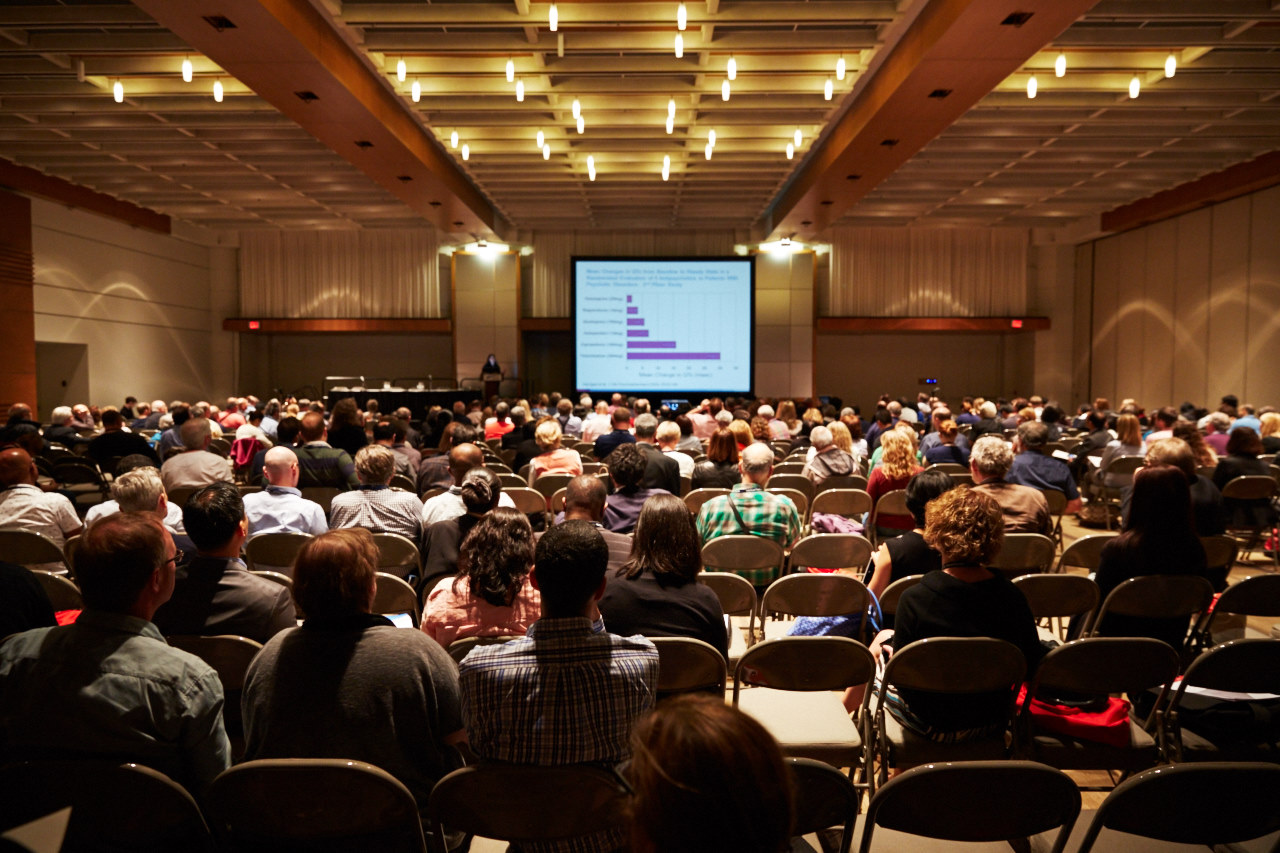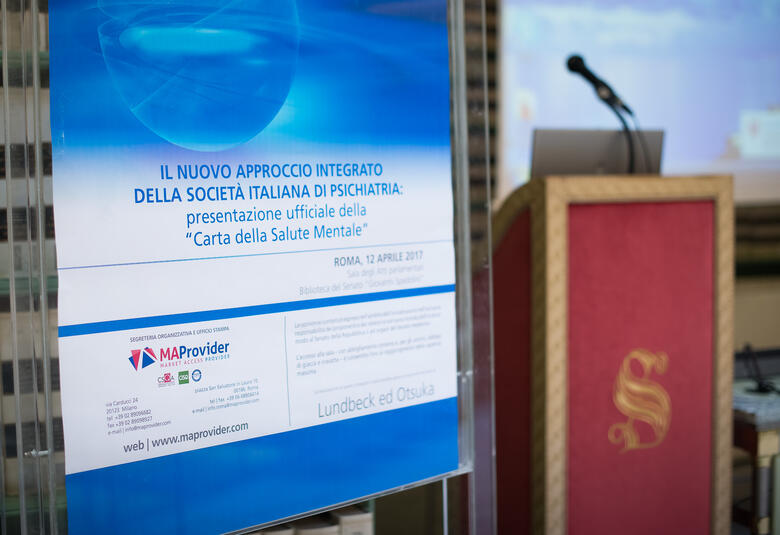
Two year results RAISE the bar
A novel treatment programme that combines state-of-the-art pharmacological and psychosocial treatments significantly benefits the global quality of life of first episode psychosis (FEP) patients when compared with standard community care.
Quality of life at two years, the primary outcome of this landmark study, was measured by physician assessors using the Heinrichs-Carpenter scale during a two-way video interview. Assessors were blinded as to the treatment received.
Patients in the integrated intervention group were also significantly more likely than controls to be in work, school or college, were more likely to have remained in treatment, and showed greater symptom relief according to PANSS total score and the Calgary Depression Scale, principal investigator John Kane (Glen Oaks, New York, USA) told the meeting.
RAISE (Recovery After an Initial Schizophrenia Episode) is the first randomised controlled trial of multidisciplinary intervention ever conducted in a community setting in the USA. Thirty-four non-academic centres across 21 states were involved and the study used existing sources of reimbursement. Its results, based on 404 patients randomised by centre, show that comprehensive intervention can alter the trajectory of this illness in the life domains that matter most to patients and their families.
A co-ordinated care model can be applied in a diverse range of community settings and, as a result, the quality of life of FEP patients can be improved. But early intervention is essential.
The mean age of patients in both arms of the study was 23 years; the majority were male; and 89% had a schizophrenia spectrum diagnosis.
By early intervention we mean EARLY
Remarkably, the median duration of untreated psychosis (DUP) in the RAISE study – defined as the time between onset of psychotic symptoms and the start of drug treatment -- was 74 weeks. And the fact that the trial did not place limits on DUP revealed something with profound implications for the timing of intervention. The integrated care programme improved outcome in patients in whom the DUP was less than 74 weeks. After that point, it seemed not to be so effective. The value of co-ordinated intervention may evaporate with time.
A similar view is supported by hospitalisation rates at two years which were 37% in the standard care arm and 34% among patients who had received intensive intervention. But it should be noted that rates in both arms of the study are relatively low for FEP and reflect well on the centres randomised to use standard community care. Their participation shows they were highly motivated to achieve the best possible outcome for their patients.
The outcome of RAISE clearly supports the philosophy of integrated treatment, said Susan Azrin, of the National Institute of Mental Health, which funded the study. Choice of quality of life as the primary endpoint was crucial since functioning in the community and at work and having meaningful relationships is what patients value most in terms of outcome. The study is also important in confirming that long DUP has a negative impact. We must try to ensure more rapid referral.
US federal and state policies are already shifting towards early intervention in FEP and in 2014 a further $25m was added to the block grant for the FEP programme.
What was involved in the study?
RAISE is remarkable in having ensured scientific rigour despite all the messiness of real-world settings. It had the highest standards of training and supervision and in ensuring that participating clinicians actually delivered what was required, said Dr Azrin.
In terms of pharmacotherapy, an expert panel developed a computer-based decision support system which facilitated choice of agent – taking into account the fact that drugs recommended for FEP are not the same as those used in patients who have had several episodes. This system also facilitated communication about the problems that patients most wanted to be addressed and any desire for change of treatment.
Psychosocial interventions included family education and individual resiliency training. This used general modules (goal setting, education about psychosis, relapse prevention and processing the psychotic episode) plus modules individualised to the patient (such as dealing with negative feelings and substance abuse, living healthily and developing relationships). Another key component of the programme was specialised support for employment and education (SEE).
The inclusion of SEE was inspired, said Dr Azrin. Help in this area is highly valued by patients and their families. It has the bonus of engaging patients more broadly, including in pharmacotherapy, which can be a contentious issue.
Our correspondent’s highlights from the symposium are meant as a fair representation of the scientific content presented. The views and opinions expressed on this page do not necessarily reflect those of Otsuka and Lundbeck.


